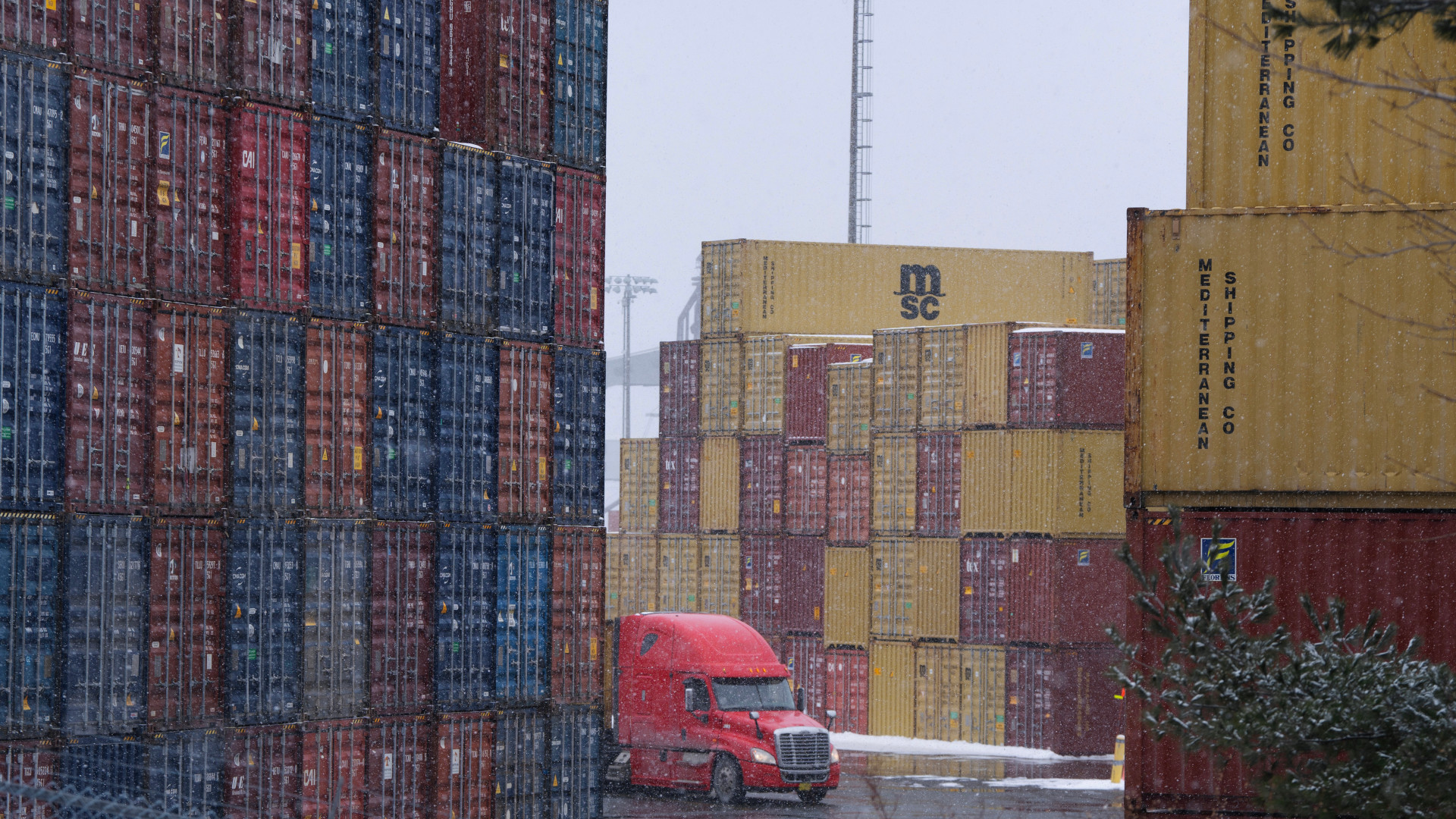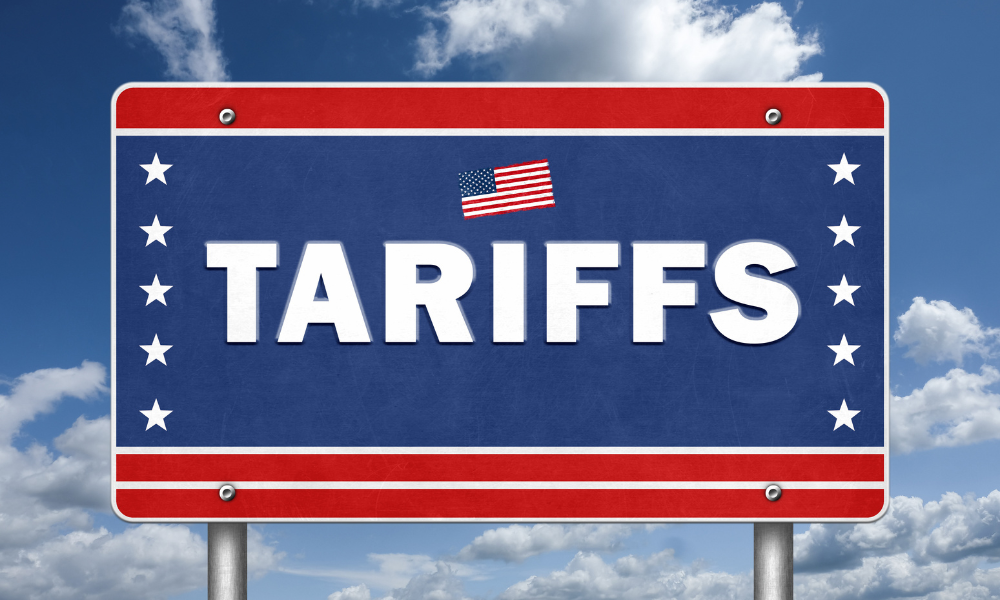A Rare Disagreement with Veronique de Rugy and Don Boudreaux about International Trade


Does purchase of imports necessarily imply that we must export?
On March 21, 2025, economist Don Boudreaux quoted, on Café Hayek, the following passage from a chapter written by Veronique de Rugy.
Here it is:
One of the biggest fallacies about trade is that the ultimate value of trade for a country is found in that country’s exports, with imports being valuable only insofar as they better enable the country to export. But in reality, the opposite is true: Imports are the end and exports are the means. If we could acquire imports without exporting anything, that would be the best of all worlds for us. Unfortunately, foreigners won’t work for us for free. They want things in return for what they produce for us, and so we must export.
It’s clear from context that Don agrees with Vero.
I rarely disagree with Don or Vero about trade. But I do here.
Start with the part I don’t disagree with, the first sentence:
One of the biggest fallacies about trade is that the ultimate value of trade for a country is found in that country’s exports, with imports being valuable only insofar as they better enable the country to export.
That is spot on and well said.
It’s the rest that I mainly disagree with. Let’s consider it sentence by sentence.
But in reality, the opposite is true: Imports are the end and exports are the means.
There are two ends: imports and exports. We want imports: that’s one end. But our exporters want to export: that’s their end.
If we could acquire imports without exporting anything, that would be the best of all worlds for us.
It’s not clear that if we could get imports without exports, that would be the best of all possible worlds. In particular, potential exporters wouldn’t like it because they would like to make money by exporting. Also, what if the alternative to exports is a huge foreign investment in our country? That could be good. More on that anon.
Unfortunately, foreigners won’t work for us for free.
I agree.
They want things in return for what they produce for us, and so we must export.
It’s true that they want “things in return for what they produce for us.” But it doesn’t follow that we must export. It is true that one way they get money to buy things from us is by our importing, and that they take much of the money from selling those imports to us (which are exports from their point of view) and buy our exports.
But imagine that we spend a lot on imports. Do we have to sell exports? No. What if there are huge investment opportunities in the United States, not just in buying U.S. federal government bonds but also investing in Apple, Microsoft, Meta, etc.? And what if, as is true, there is a world demand to hold U.S. dollars? Then exporters in other countries could take the money they earned on exporting to us and invest it in the United States or hold it as dollars. So although there is a strong empirical connection between exports and imports, there is no necessary connection. Indeed, our large current account deficit and large capital account surplus are evidence of that.
The one case in which Vero would be right is if no one in any country invested anything in any other country. But that’s not the world we live in.
link





